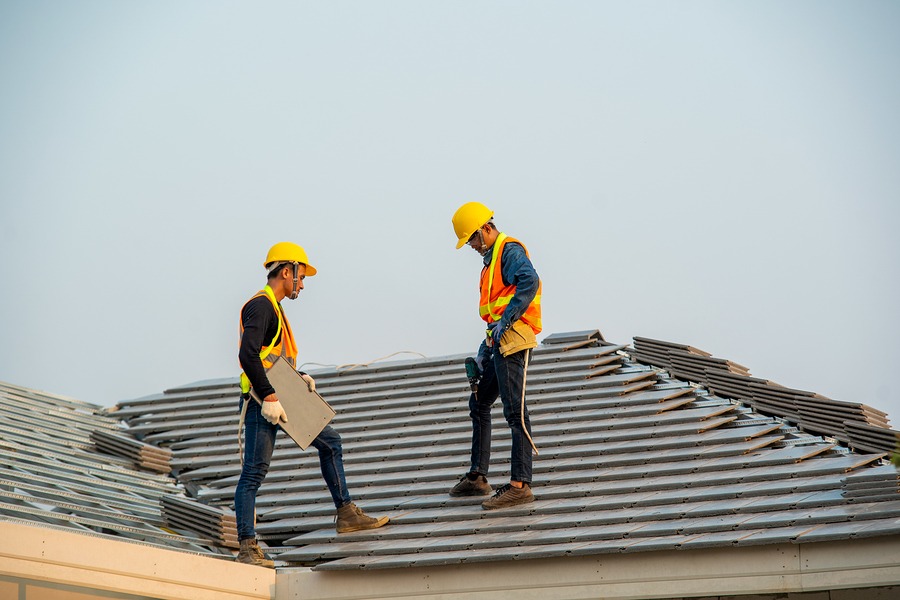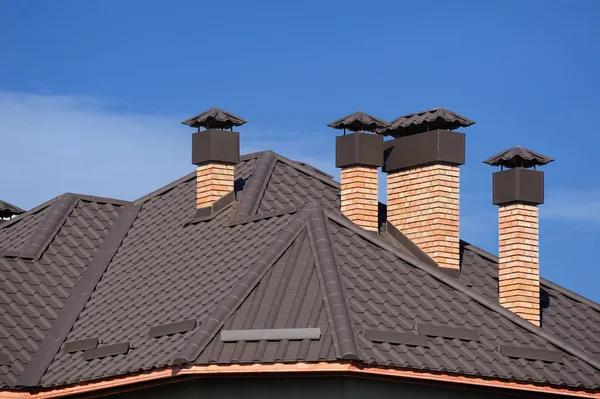Understanding the difference between HVAC maintenance and repair is crucial for every homeowner. This knowledge helps you make informed decisions regarding your home’s heating, ventilation, and air conditioning system.
HVAC maintenance refers to the regular checks and minor fixes that are carried out on a system to ensure it operates efficiently throughout its lifespan. It involves scheduled inspections by certified technicians who evaluate the entire HVAC system, clean it thoroughly, replace worn-out parts and perform necessary adjustments. The primary goal of HVAC maintenance is preventative – it aims to identify potential problems early before they escalate into major issues that could cause a complete system breakdown.
On the other hand, HVAC repair deals with fixing significant issues that affect an HVAC system’s functionality. These problems may arise due to lack of proper maintenance or natural wear and tear over time. Repairs can range from simple tasks like replacing filters or thermostats to complex ones such as repairing refrigerant leaks or replacing faulty components in the furnace or Price Heating & Air Conditioning conditioner.
The importance of regular HVAC maintenance cannot be overstated. A well-maintained unit runs more efficiently, uses less energy, reduces utility costs, improves indoor air quality and extends the life expectancy of your equipment. Regular tune-ups also provide an opportunity for professionals to detect any potential problems early enough before they become costly repairs.
However, even with diligent routine maintenance, some parts of your HVAC system will eventually wear out due to constant use and require replacement or repair. When this happens, prompt professional repairs are essential not only for restoring comfort in your home but also preventing further damage to other components within the unit.
In terms of cost implications, regular preventive maintenance often proves cheaper in the long run compared with reactive repairs. While there’s a cost associated with scheduling professional tune-ups twice a year (usually spring for cooling systems and fall for heating systems), these costs are typically minimal compared with emergency repairs which can be quite expensive especially if they occur during peak seasons when demand for such services is high.
In conclusion, the best approach to HVAC system management is a combination of both regular maintenance and timely repairs. Regular maintenance keeps your system running efficiently, reduces energy consumption, prolongs the lifespan of your equipment and minimizes the chances of unexpected breakdowns. Meanwhile, timely repairs ensure that when problems do occur, they are addressed promptly to restore optimal comfort in your home. Therefore, as a homeowner, it’s prudent to schedule routine HVAC maintenance with trusted professionals and also have a reliable repair service provider on speed dial for emergencies.





